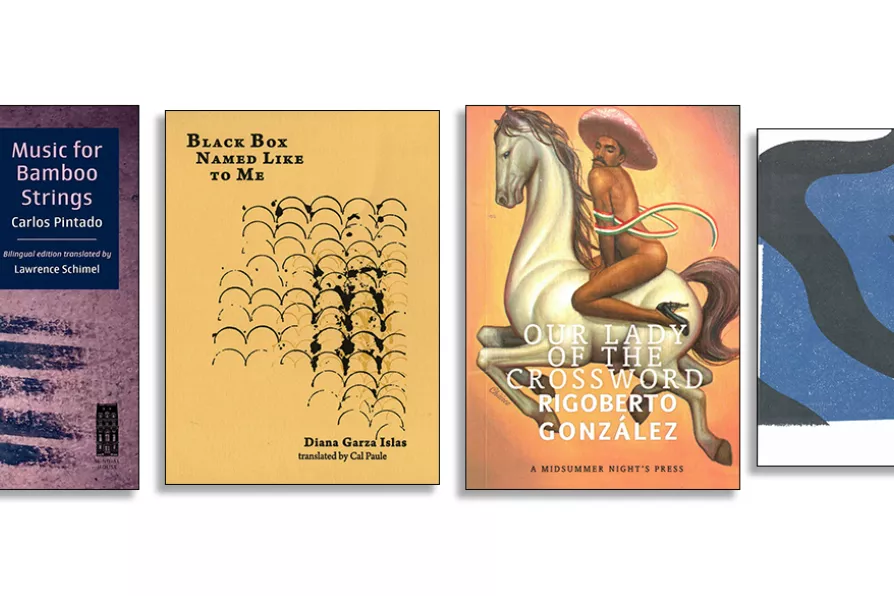MATTHEW HAWKINS contrasts the sinister enchantments of an AI infused interactive exhibition with the intimacies disclosed by two real artists


IN Music For Bamboo Strings (Sundial House, £9.99) Cuban poet Carlos Pintado presents a collection of 62 prose poems, each constituting a distinct world akin to gemstones, exemplifying the beauty and sophistication of Pintado’s language alongside his profound interest in global literature, visual arts, music, film, and his surrounding environment, his beloved Havana.
The works reference a wide array of influential figures, including Kawabata, Cheever, Anna Akhmatova, Tarkovsky and Virginia Woolf, as well as painters such as Brueghel and Van Gogh. This collection is rich in luminous language and intellectually engaging content.
Expertly translated by Lawrence Schimel, the collection resembles a splendid photo album or a series of meticulously curated postcards woven together in a vibrant, multilayered tapestry. The poems also encapsulate tenderness and emotional depth, as illustrated in The Marvel, where the poet inquires: “When I say I love you without loving you, will I be loving you? There needs to be a forest, that city that begins and ends surrounded by waters. There is a place to remember how we travelled through a province in darkness. A train wagon where we met with an angel with sharpened eyes. We will say nothing about language, about its uselessness []...] It will simply rain, another marvel. Then will come your mouth and my mouth. I will kiss you, without memory. All the slowness of the world in a kiss.”

A novel by Argentinian Jorge Consiglio, a personal dictionary by Uruguayan Ida Vitale, and poetry by Mexican Homero Aridjis













